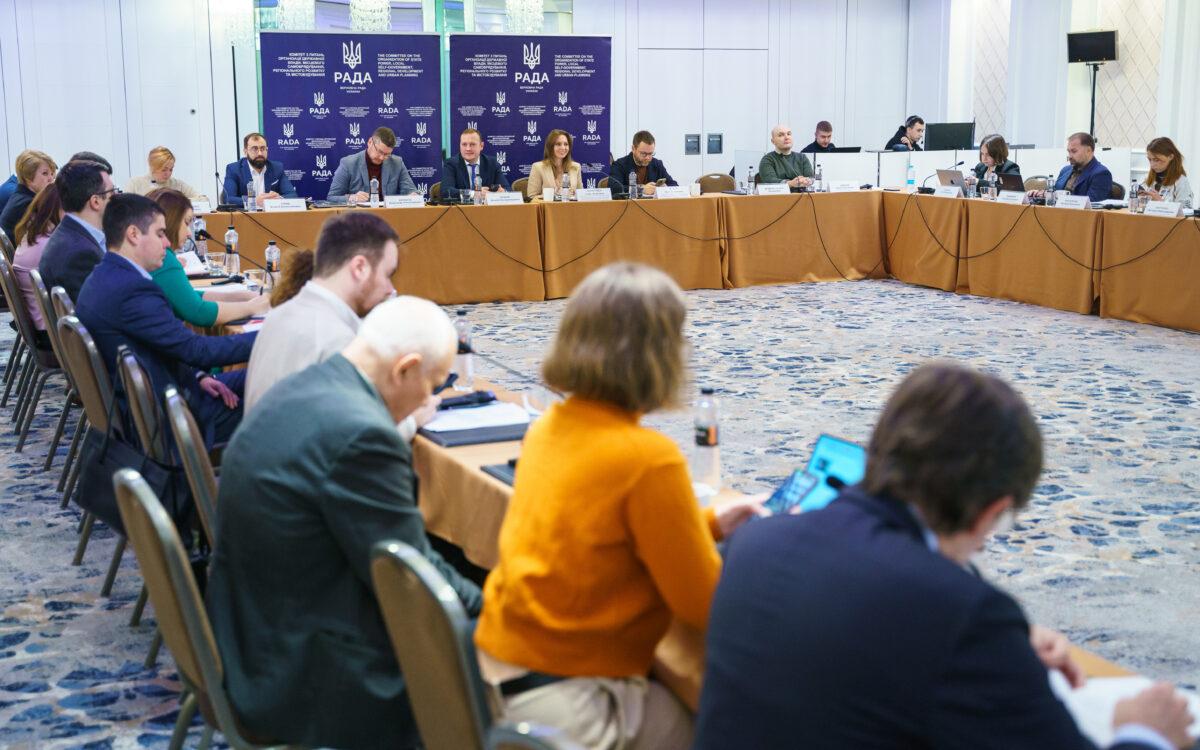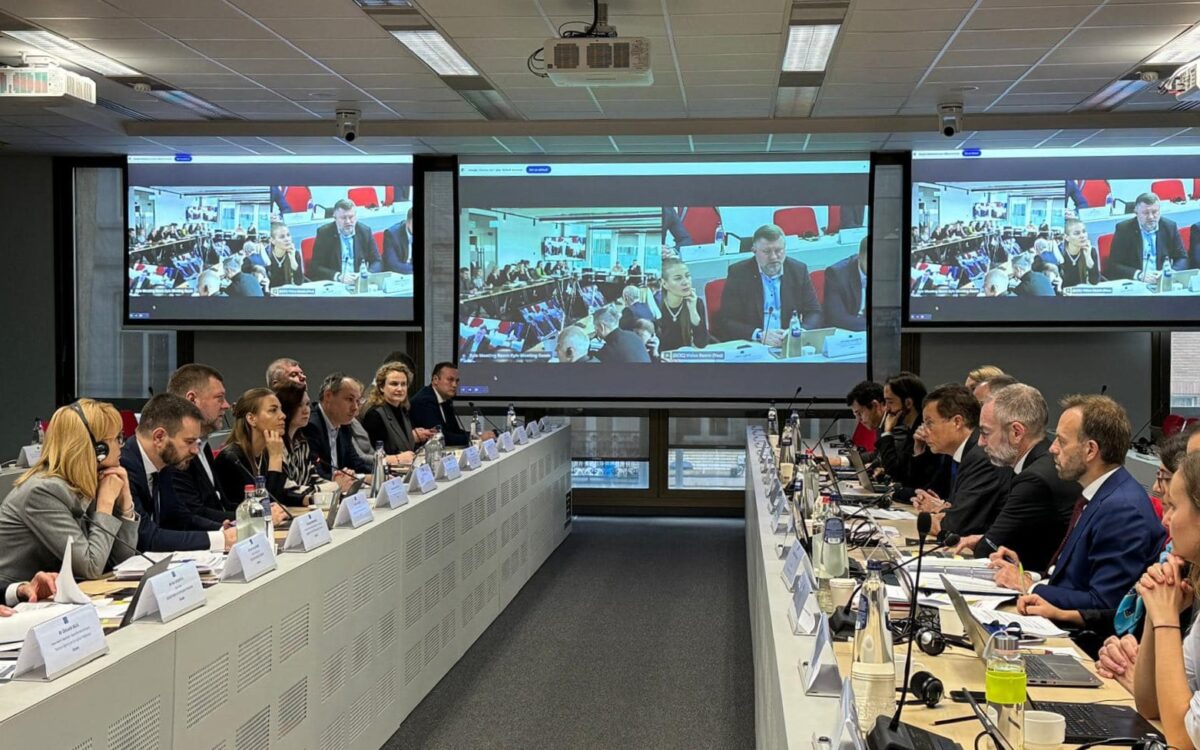IFES Ukraine Comment on Recent Venice Commission Opinions on New Ukrainian Legislation. 23 October 2023
25.10.2023
Today Would Have Been Election Day in Ukraine Had it Not Been for Russia’s Full-Scale Invasion
29.10.2023On October 6-7, 2023, the Venice Commission of the Council of Europe held its 136th plenary session and adopted opinions on two draft laws and one adopted law of Ukraine prepared at the request of, among others, Chairman of the Verkhovna Rada, or Parliament of Ukraine. All three law texts were examined for compliance with relevant European and international standards.
Two of the draft laws analyzed by the Venice Commission – one jointly with the Office for Democratic Institutions and Human Rights (ODIHR) of the Organization for Security and Co-operation in Europe (OSCE) – deal with the topic of lustration. The draft laws could, if enacted, profoundly impact Ukrainian citizens’ right to free elections. The third opinion comments on recent amendments to a law that stipulates a new procedure for selecting judges of the Constitutional Court of Ukraine with the participation of international experts.
IFES Ukraine agrees with the findings and conclusions of the Venice Commission (and ODIHR) in their three opinions. Below is a short outline of the opinions of the Venice Commission (and ODIHR). IFES Ukraine has prepared a more comprehensive comment on the three opinions which can be accessed here.
The two Ukrainian draft lustration acts pursue complementary lustration aims. Draft law no. 9081 envisages that incumbent members of Parliament, mayors, and members of local councils elected on the list of political parties that have been banned by courts (so-called pro-Russian parties) will be ineligible to stand for election for a period of 10 years after the lifting of martial law. In turn, draft law no. 7424 suggests amending Article 51 of the Rule of Procedure of the Parliament of Ukraine allowing the parliament to restrict the rights of MPs from prohibited parties (i.e., Opposition Platform for Life) to take part in plenary sessions, hearings, committees, and subcommittees of parliament.
Although the Venice Commission (and ODIHR) found both lustration laws, in principle, to be pursuing legitimate aims, they noted that the proposed restrictions on the right to be elected apply to a group of people without an individualized assessment of their involvement in the illegitimate activities of the prohibited parties. Both opinions offered recommendations to improve the draft laws, calling, among others, for ensuring that the persons affected would be provided an individual assessment, judicial review of their case, and the right to appeal.
The Venice Commission (and ODIHR) further noted that several Ukrainian interlocutors had raised such concerns about the constitutionality of certain provisions and called for the Constitutional Court of Ukraine, once fully operational, to resolve the alleged conflict of legal norms and interpret the extent to which the draft laws comply with the Constitution.
Law no. 3277-IX on a new mechanism for selecting judges for the Constitutional Court of Ukraine was examined favorably by the Venice Commission. The Commission announced will now proceed with appointing a member for the Advisory Group of Experts that will assist the Ukrainian Parliament in selecting candidates for Constitutional Court judges – a process expected to begin soon.
IFES Senior International Adviser Harald H. Jepsen took part on behalf of IFES in the meeting of the Council for Democratic Elections and the plenary session of the Venice Commission which unanimously adopted the three opinions on October 6, 2023.






